[Report] Shaping Choices in the Digital World
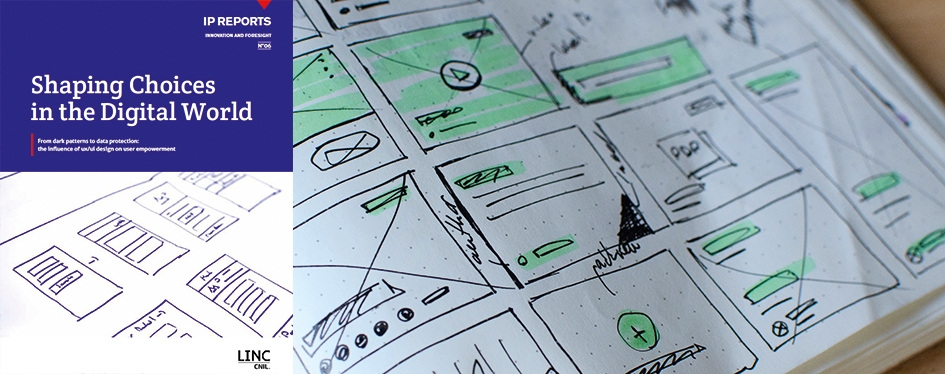

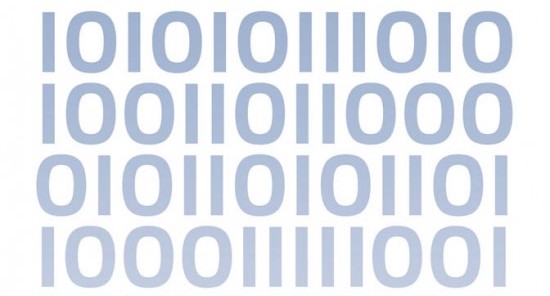
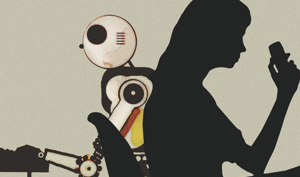
To create less harmful technologies and ignite positive social change, AI engineers need to enlist ideas and expertise from a broad range of social science disciplines, including those embracing qualitative methods, say Mona Sloane and Emanuel Moss in a comment…

The algorithms that underlie much of the modern world have grown so complex that we always can’t predict what they’ll do. Iyad Rahwan, who directs the Center for Humans and Machines at the Max Planck Institute for Human Development, proposes…

“I don’t own the data”: End User Perceptions of Smart Home Device Data Practices and Risks Madiha Tabassum, University of North Carolina at Charlotte; Tomasz Kosinski, Chalmers University of Technology; Heather Lipford, University of North Carolina at Charlotte Paper included…
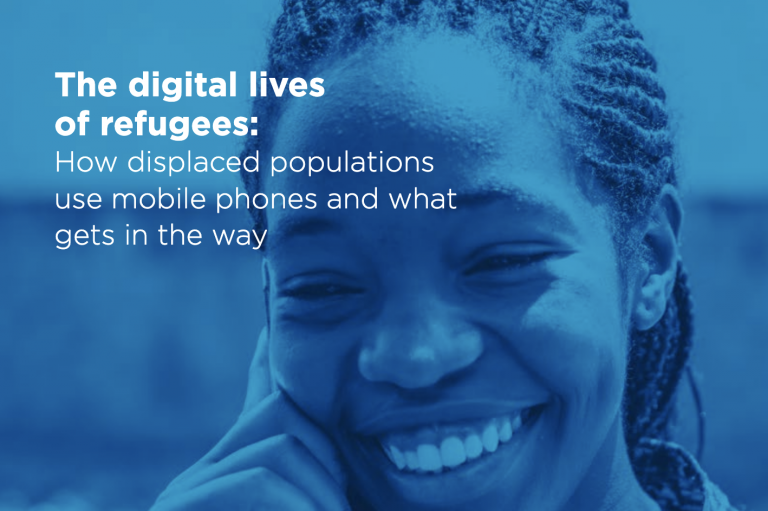
There is growing recognition among donors and humanitarian organisations that mobile technology and mobile network operators (MNOs) have an important role to play in the delivery of dignified aid. This includes providing digital tools that help people affected by crisis…

Against the Dehumanisation of Decision-Making – Algorithmic Decisions at the Crossroads of Intellectual Property, Data Protection, and Freedom of Information by Dr Guido Noto La Diega, Senior Lecturer in Law at the Northumbria University Law School Published in JIPITEC (Journal…

The Next Billion Users: Digital Life Beyond the West by Payal Arora Harvard University Press, 2019 280 pages A digital anthropologist examines the online lives of millions of people in China, India, Brazil, and across the Middle East – home…
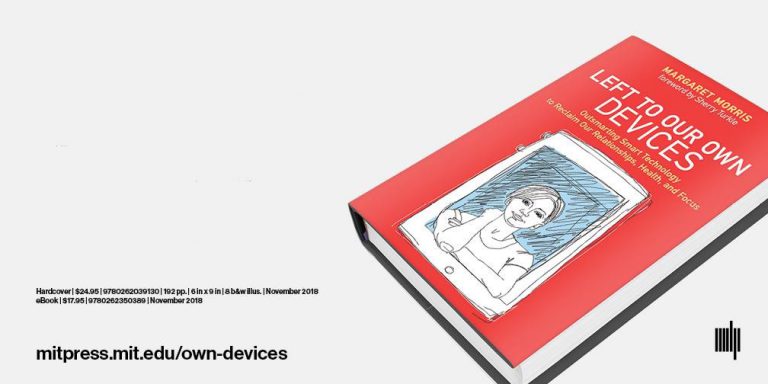
Left to Our Own Devices: Outsmarting Smart Technology to Reclaim Our Relationships, Health, and Focus Margaret E. Morris MIT Press, 2018 192 pages Unexpected ways that individuals adapt technology to reclaim what matters to them, from working through conflict with…
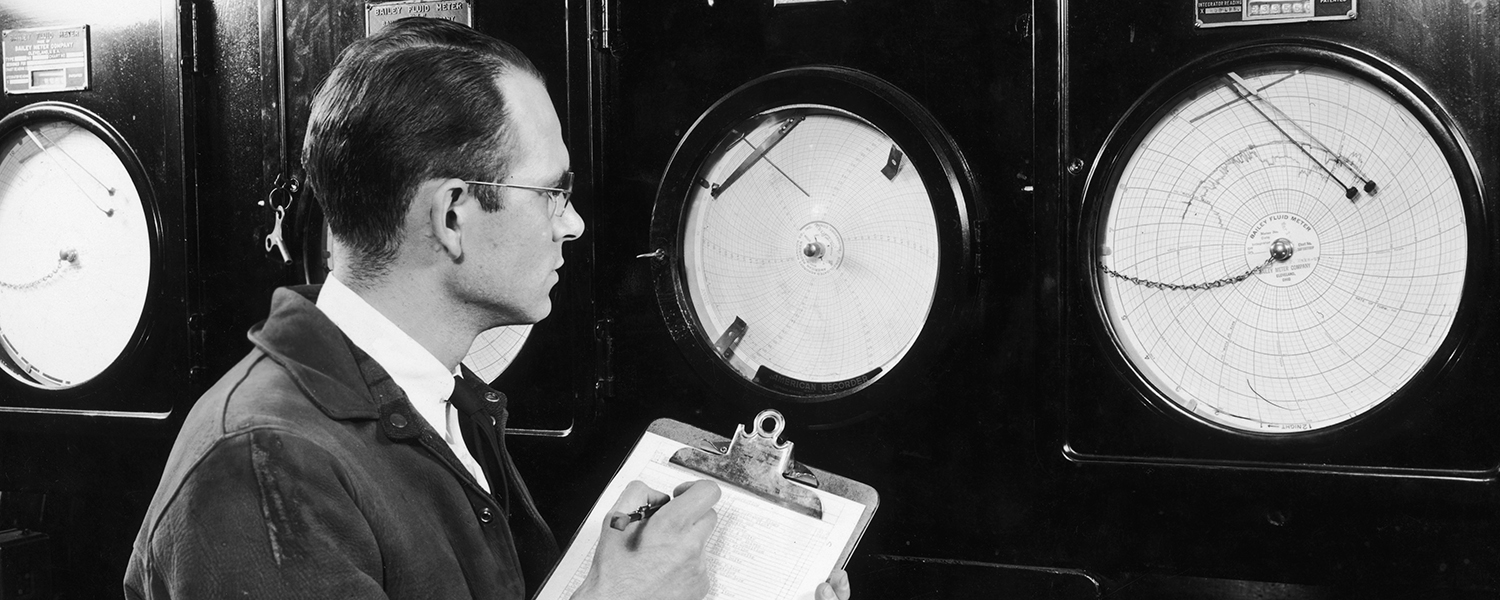
“Except in divine revelation, data is never simply given, nor should it be accepted on faith,” writes Nick Barrowman in The New Atlantis. “How data are construed, recorded, and collected is the result of human decisions – decisions about what…
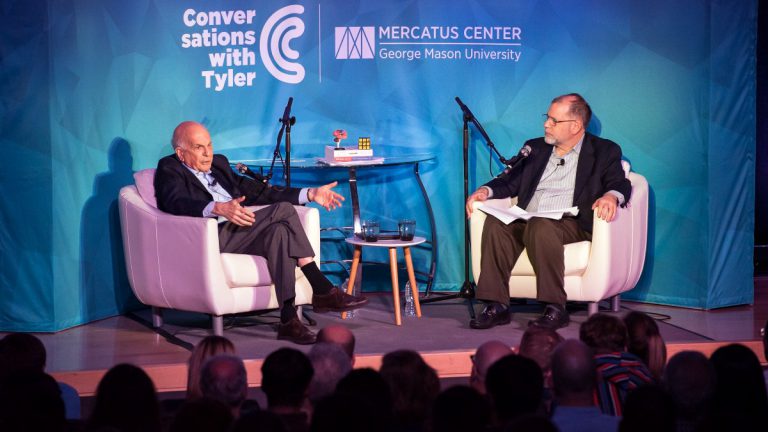
You might be surprised by what occupies Daniel Kahneman’s thoughts. “You seem to think that I think of bias all the time,” he tells esteemed economist Tyler Cowen. “I really don’t think of bias that much”. These days, noise might…
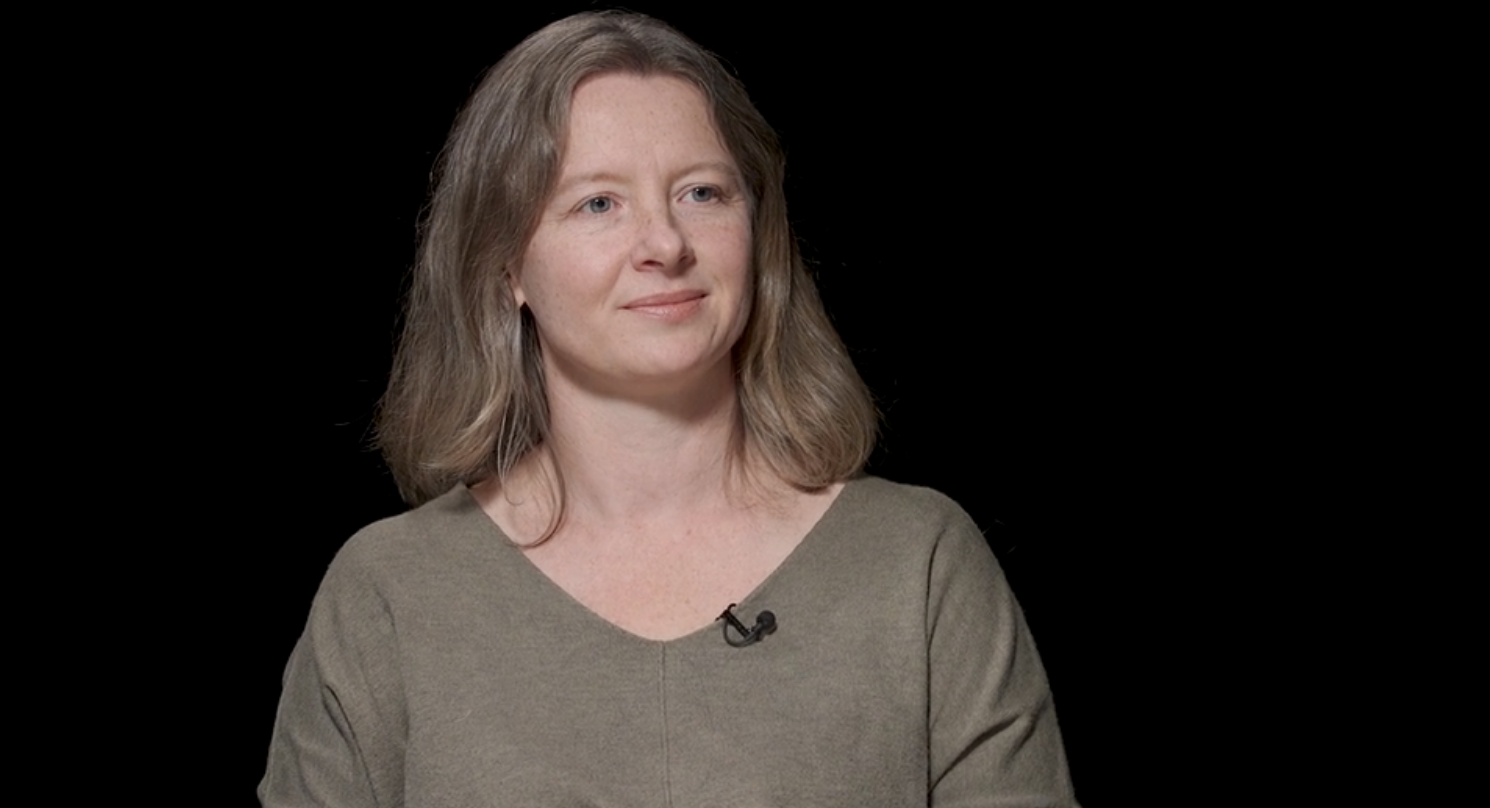
In an age where we can collect and store (forEVER) every second of every day, how much do we truly need to learn? To react? To do good deeds that benefit society? Assuming we champion that, what does it mean…

Far from being “intelligent”, today’s chatbots guide users through simple linear flows, and our user research shows that they have a hard time whenever users deviate from such flows, writes Raluca Budiu of the Nielsen Norman Group [NNGroup]. To understand…
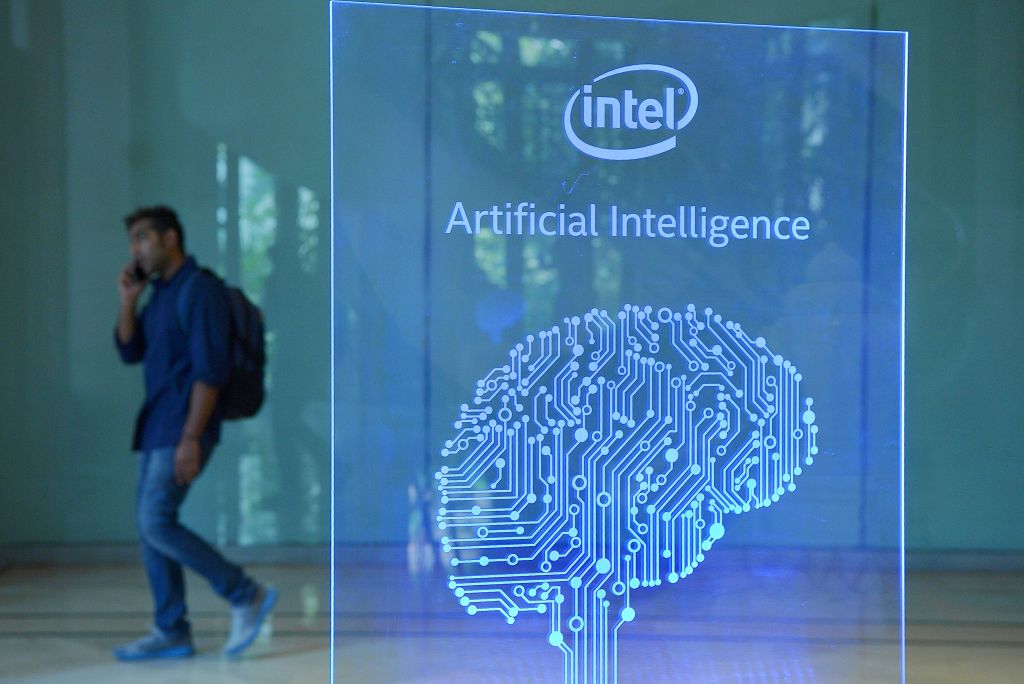
Vincenzo Tiani has written an excellent summary in Wired Italia of the recently published “Ethical Framework for a Good AI Society: Opportunities, Risks, Principles, and Recommendations“, by AI4People, a task force of European experts. With the help of DeepL (also…
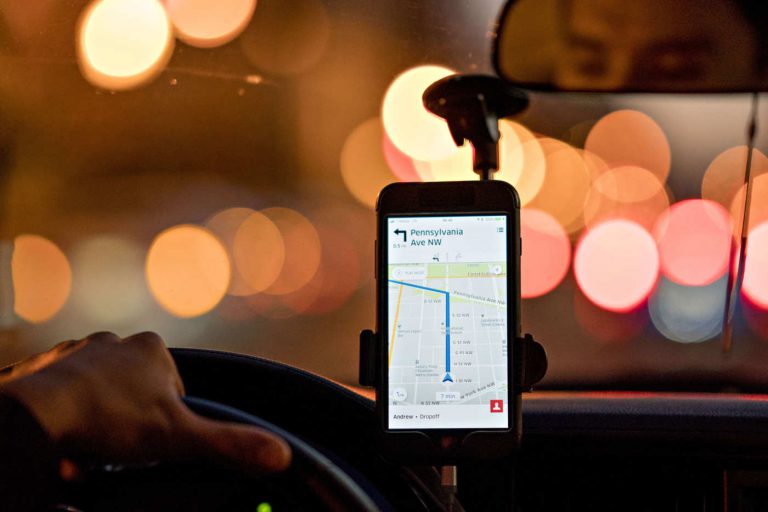
Uberland: How Algorithms Are Rewriting The Rules Of Work by Alex Rosenblat University of California Press October 2018, 296 pages Silicon Valley technology is transforming the way we work, and Uber is leading the charge. An American startup that promised…
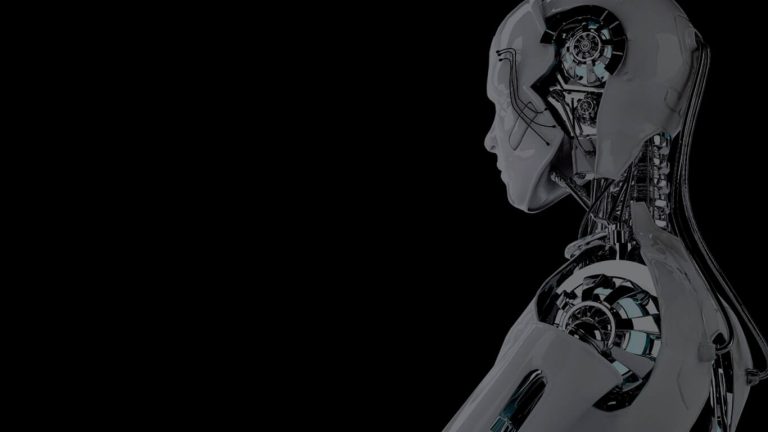
HSBC bank commissioned Populus and Ipsos MORI to conduct an independent study of more than 12,000 people in 11 countries into global technology perceptions and habits. Our Trust in Technology research (pdf report) explores public opinion about the new technology…
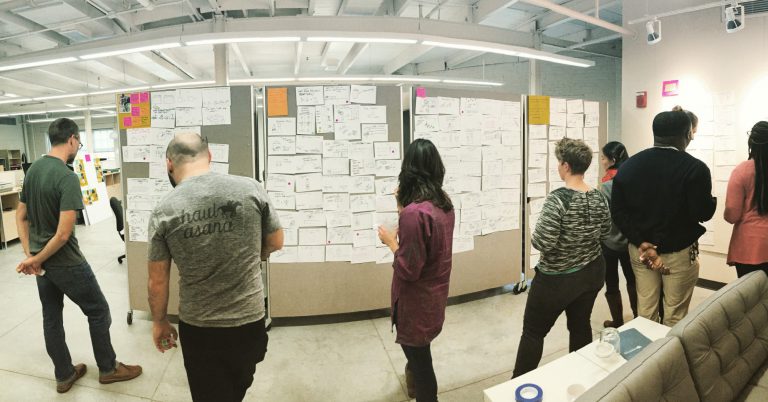
George Aye, co-founder and director of innovation at Greater Good Studio and adjunct full professor at the School of the Art Institute of Chicago, argues that for all the talk about being human-centered, one very human factor often gets overlooked…
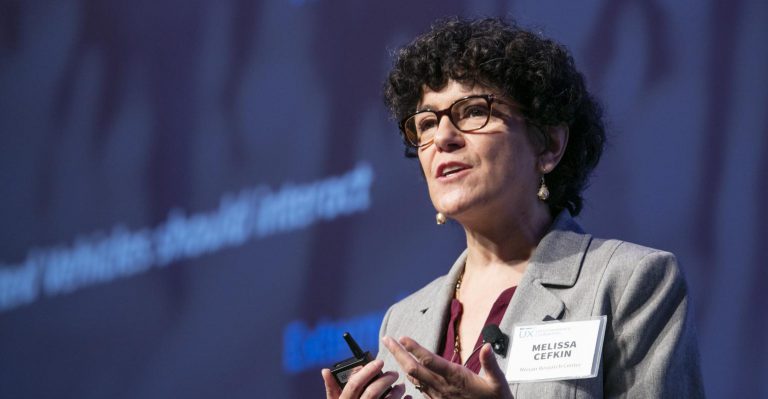
Just about every automaker in the world is enlisting experts from a variety of fields outside engineering and design to help them develop autonomous vehicles. One of the best known is Nissan’s Melissa Cefkin. Her official title is principal researcher-Human…
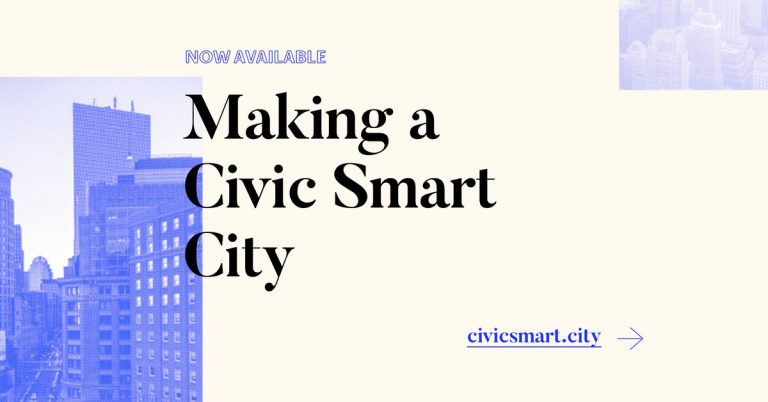
Engagement Lab, an applied research and design lab associated with Emerson College that investigates and creates media and technology to reduce disparities in civic participation, announced via a twitter thread the launch of Making a Smart City Civic, an open…

Changing Things: The Future of Objects in a Digital World by Johan Redström and Heather Wiltse Bloomsbury Publishing September 2018, 192 pages In their new book, “Changing Things: The Future of Objects in a Digital World”, assistant professor Heather Wiltse…